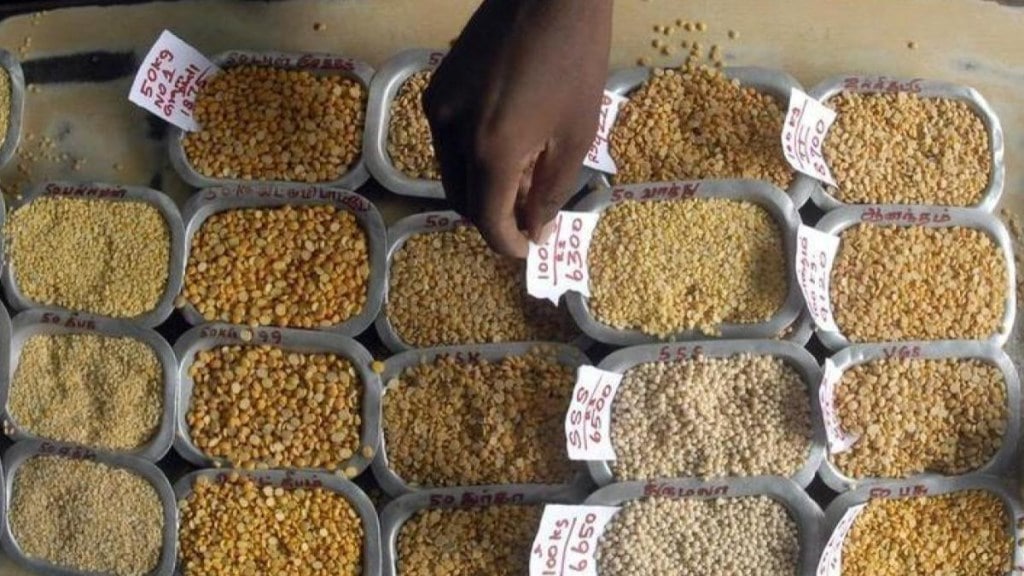To boost cultivation of kharif crops – pulses, maize – in the tribal districts across 12 states, the National Cooperative Consumers’ Federation of India (NCCF), an agency under the department of consumers affairs has started to enter into a contract with farmers for assured purchase of the commodities at the Minimum Support Price (MSP). Also, the agency would purchase onion at market rates.
Under a pilot initiative to boost output of pulses, maize and onion in the 76 districts in Maharashtra, Karnataka, Madhya Pradesh, Uttar Pradesh, Jharkhand, Bihar, Gujarat, Telangana, Rajasthan, Tamil Nadu, Chhattisgarh and Odisha, the NCCF has commenced registration of farmers for the assured purchases.
The NCCF aims to procure pulses such as a tur and urad, maize and onion from identified districts where procurement by agencies is negligible which would be used for retail intervention as well as for supplies for the ethanol making.
NCCF aims to buy 50,000 tonne of maize in the current kharif season at a MSP of Rs 2225/qintal in 20 districts from seven states, which would be supplied to companies for the ethanol making.
“We have commenced entering into a contract with farmers for assured procurement at MSP in few districts in Jharkhand and Tamil Nadu and we are aiming to expand it to all the identified districts soon,” Anice Chandra, managing director, NCCF told FE.
In addition, NCCF has registered one million farmers so far for procurement of the kharif pulses – tur and urad, onions and maize across the country. Procurement of pulses and onions are meant for building buffer stock which is subsequently used for market intervention programme.
Currently, under the price support system, the pulses are purchased from the farmers for the creation of a buffer and the MSP operations are carried out in the biggest producing states including Rajasthan, Madhya Pradesh, Maharashtra, Karnataka and Gujarat.
The Commission for Agricultural Costs and Prices (CACP) in its price policy report for kharif crops marketing season (2024-25) had noted that despite an increase in pulse output, the country’s import dependence on masoor, tur and urad has been high.
“Concerted efforts should be made for area expansion and yield improvement, and procurement of pulses should be strengthened,” the commission stated.
According to CACP, Maharashtra, Karnataka and Uttar Pradesh account for more than two-third of the total tur production and 25 districts contribute 60% of the output of pulses varieties.
India imports about 15% of its pulses consumption. India’s import of pulses rose by 90% to 4.73 million tonne (MT) in FY24 compared to 2.69 MT in 2022-23
Earlier this year, cooperation minister Amit Shah had stated that the country is aiming to achieve self-sufficiency in the pulses production by 2027.

